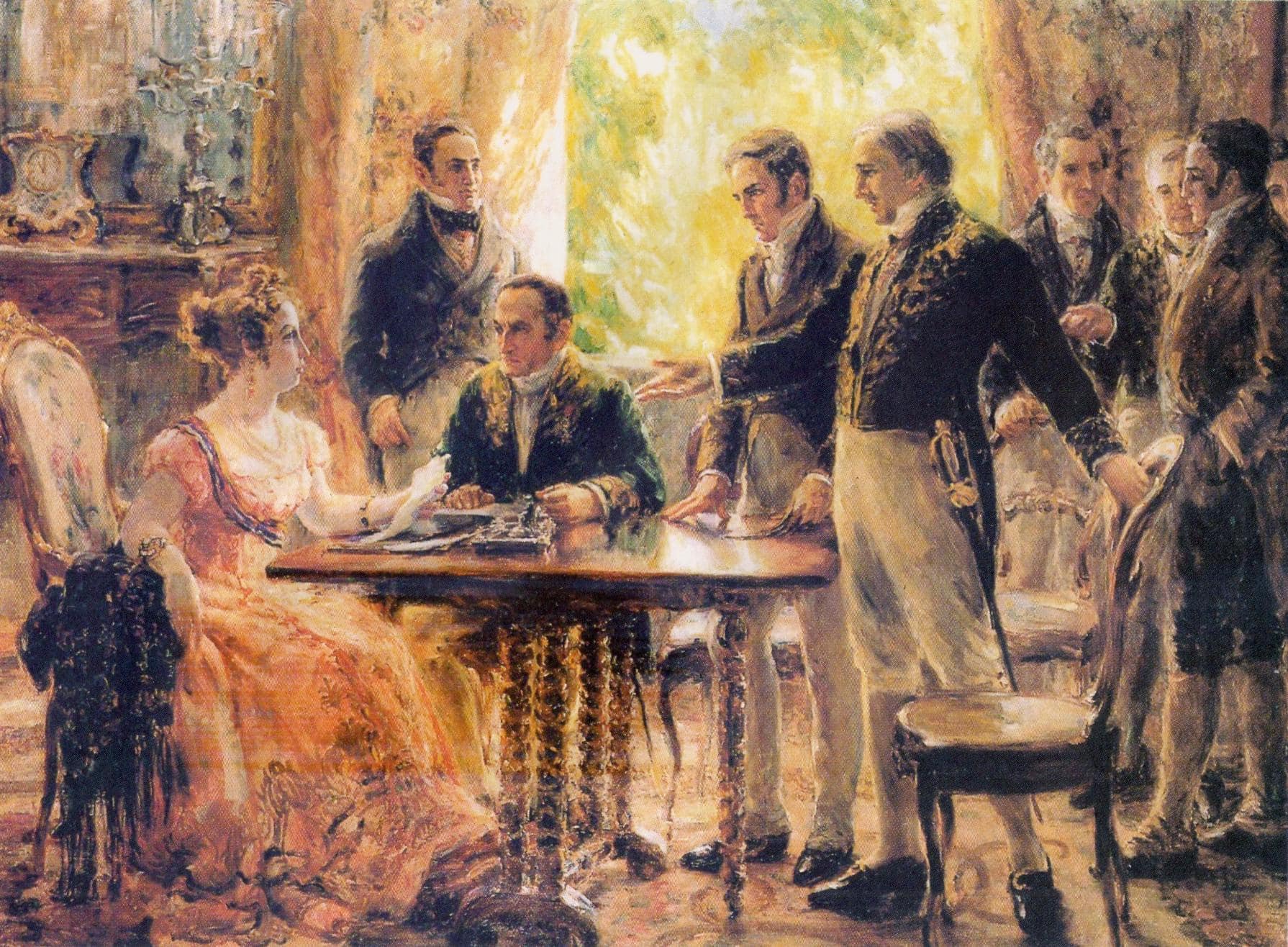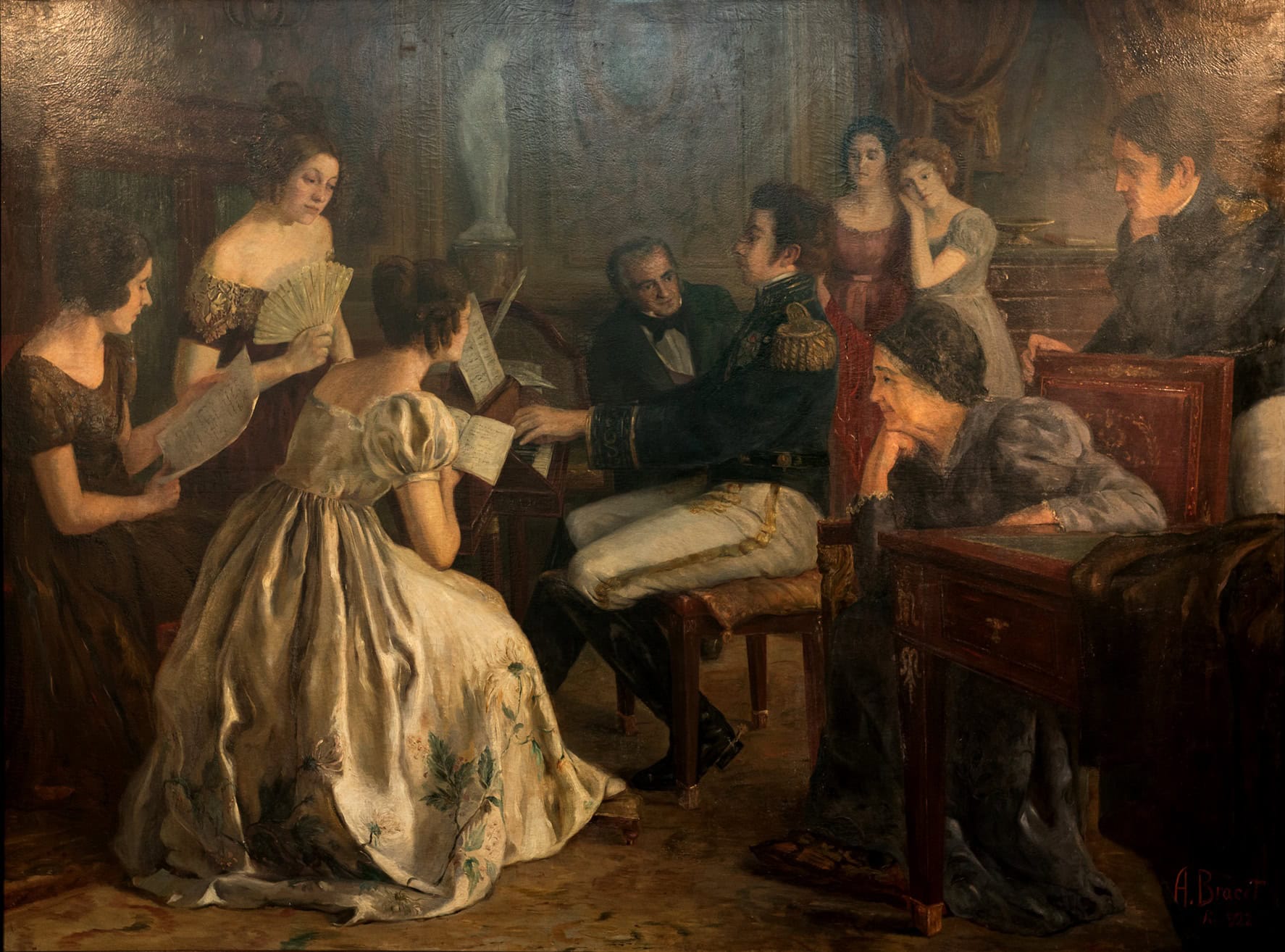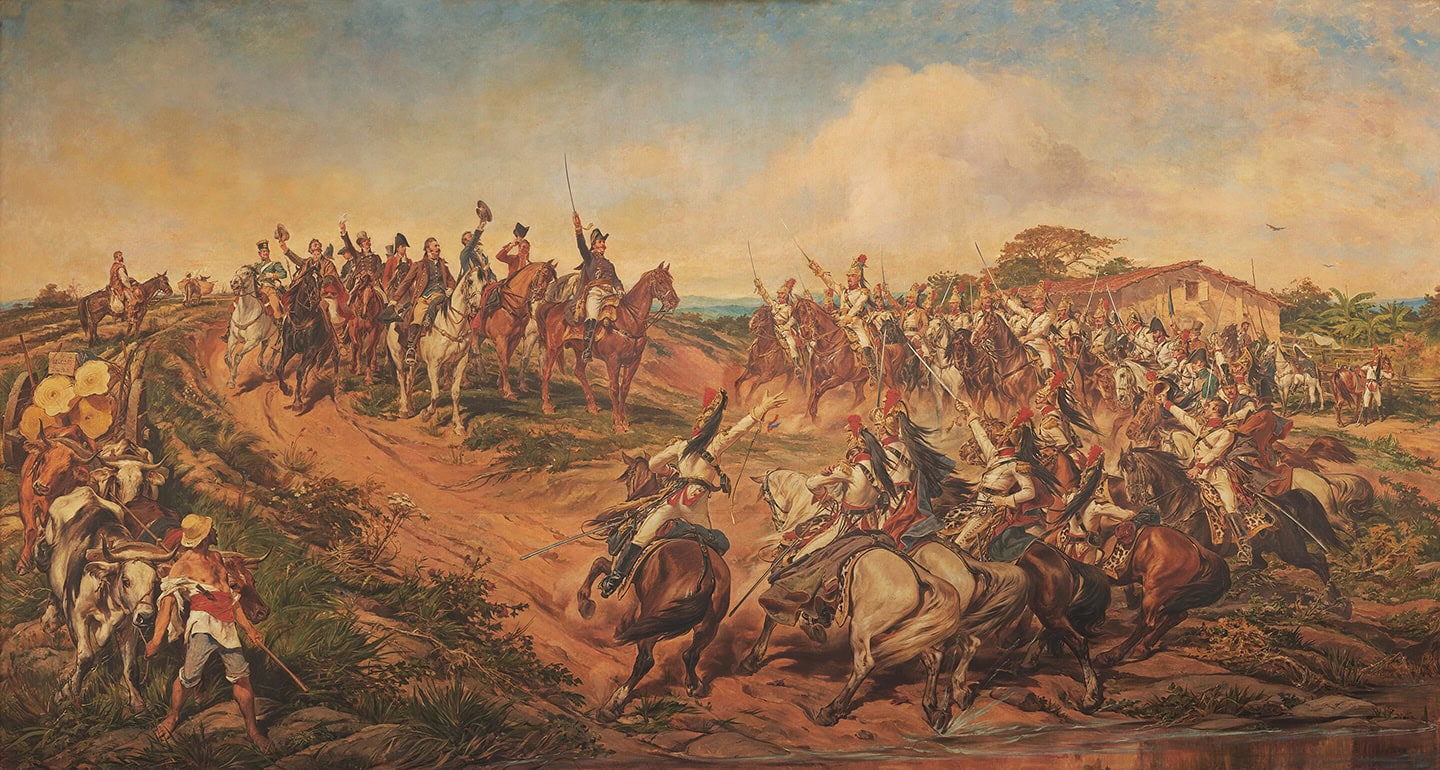On September 7, 2024, Brazil celebrates the 202nd anniversary of its independence, a milestone that marks over two centuries of sovereignty and nation-building. This pivotal moment in Brazilian history, achieved in 1822, was not merely a declaration of autonomy but the beginning of a complex and evolving journey towards establishing a modern, democratic state. As we reflect on this significant anniversary, it’s essential to understand the historical context, the key figures involved, and the ongoing impact of independence on Brazil’s development.
Historical Context
Brazil’s path to independence was shaped by a confluence of factors including colonial exploitation, the influence of the Enlightenment, and political upheavals in Europe. The Portuguese colony, rich in natural resources and strategically important, had long been a focal point of European interest. The Napoleonic Wars in Europe further strained the Portuguese crown’s ability to govern from afar, leading to a series of events that catalyzed Brazil’s quest for self-governance.

In 1808, the Portuguese royal family fled to Brazil to escape Napoleon’s invasions, marking the beginning of a new political era in the colony. The presence of the court and its subsequent administrative reforms laid the groundwork for a more autonomous Brazilian state. However, as the political climate in Europe evolved and Brazil’s role within the Portuguese Empire became increasingly contentious, the call for independence grew stronger.
Key Figures and the Independence Movement
The figure most synonymous with Brazil’s independence is Dom Pedro I, the son of King João VI of Portugal. In 1822, amidst rising tensions and the push for greater autonomy, Dom Pedro I made a decisive move that would alter the course of Brazilian history. On September 7, he declared Brazil’s independence from Portugal with the now-famous cry, “Independência ou Morte!” (Independence or Death!). This declaration was not just a political maneuver but a bold assertion of national identity and sovereignty.
Dom Pedro I’s leadership was crucial in the early years of Brazil’s independence. He navigated complex negotiations with Portugal, managed internal conflicts, and laid the foundations for Brazil’s new empire. His reign, while marked by challenges, set the stage for the development of Brazil as a distinct entity separate from Portuguese colonial rule.
The Evolution of a Nation
The years following independence were marked by significant transitions and challenges. Brazil’s early years as an independent empire saw a series of internal conflicts, including struggles with regionalism and political instability. The transition from empire to republic in 1889 was a major turning point, reflecting the evolving aspirations of Brazilian society.

The 20th century brought further transformations, including periods of authoritarian rule and democratic consolidation. The country’s struggle with economic and social inequalities, political corruption, and environmental issues continues to shape its trajectory. However, Brazil has also made substantial progress in areas such as economic development, social reform, and international diplomacy.
Contemporary Reflections
As Brazil marks 202 years of independence, it’s a moment to reflect on the nation’s achievements and ongoing challenges. The country’s rich cultural heritage, diverse population, and vibrant democracy are testaments to the resilience and adaptability of its people. However, Brazil continues to face significant issues, including economic disparities, political corruption, and environmental concerns, particularly regarding the Amazon rainforest.

The anniversary provides an opportunity to celebrate Brazil’s cultural and historical milestones while also engaging in critical reflection about its future. It’s a time to honor the legacy of those who fought for independence and to renew commitment to addressing the challenges of today.
The 202nd anniversary of Brazilian independence is more than a historical marker; it’s a celebration of a nation’s enduring spirit and a moment to envision its future. From its dramatic declaration in 1822 to its complex present-day realities, Brazil’s journey is a testament to the evolving nature of national identity and sovereignty. As Brazilians reflect on their past and look forward to their future, the legacy of independence remains a powerful symbol of their collective aspiration and resilience.



